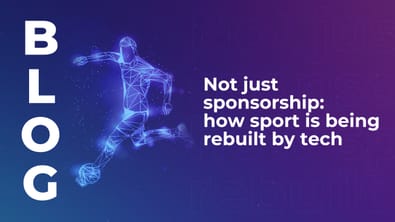
Not just sponsorship: how sport is being rebuilt by tech
How sports tech is moving beyond sponsorship into core infrastructure – transforming performance, venues and fan engagement at LEAP 2026 Sports Tech Hub.


How sports tech is moving beyond sponsorship into core infrastructure – transforming performance, venues and fan engagement at LEAP 2026 Sports Tech Hub.

Learn how global brands use events to enter new markets. Build trust and accelerate relevance through CoLAB collaborations at LEAP.

At global tech events, your brand isn’t competing for space – it’s competing for memory. Memory is built through participation, so the brand collaboration opportunities at LEAP are designed for it.
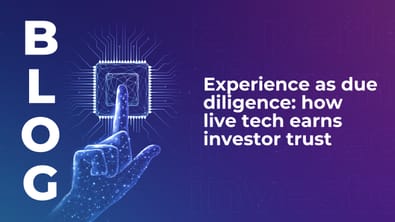
For investors at LEAP, experience is the first stage of due diligence – and has more impact than a pitch deck. Find out how the Tech Arena fast-tracks investor conversations.

Why live demos outperform pitch decks at LEAP – with data, real examples, and practical tips to help you turn attention into deals.
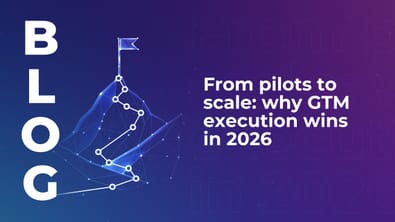
Why 2026 is the year startups have to move beyond pilots. New research shows go-to-market execution, not demos, is the real growth advantage.
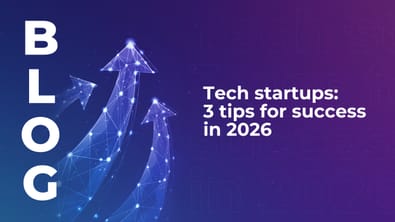
Three practical, expert lessons on why startups fail – and how business models, regulation and adoption unlock real tech value.

After years of acceleration, tech is entering a more selective phase. In 2026, progress won’t be measured by how much you do – but by how clearly you choose.

Prosthetics Facts and Stats That Prove That Humans Will Become More Bionic in the Future Bionic limbs, brain implants, and exoskeletons are all things that we thought belonged only to sci-fi, but now they’re becoming a reality. The advancement of bionic technology blurs the line between fact and fiction
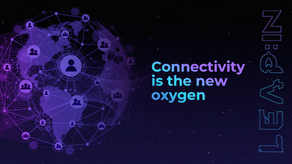
Welcome to this week’s LEAP:IN newsletter. Each week, we unpack leader’s powerful quotes and decipher the tech landscape. With exclusive content from some of the world’s leading experts in AI, robotics, space, edutech, climate tech and more, read on to discover this week’s insights and
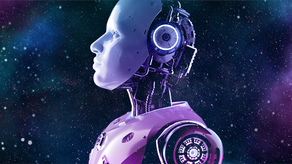
Will Robots Take Over The Future? 2022 Robotic Facts & Stats That Confirm This With substantial advances in the science of AI and robotics, many have presumed we’re witnessing a new era of robotics being part of every aspect of people’s everyday lives – and it’s not in
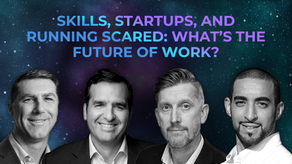
What does your working life look like in 2022, compared to 2019? Probably not quite the same. Research by human resources firm Gartner found that 75% of hybrid or remote workers expect flexible working arrangements to continue post-pandemic – and that if an organisation did go back to 100% on-site work,
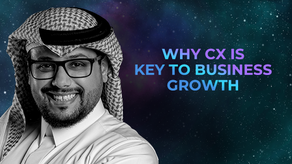
Abdullah Al Asiri (Founder and CEO at Lucidya) started his keynote at #LEAP22 with a story that warmed our hearts. “Four years ago,” he began, “I was invited to speak at an event in Portugal.” He took a flight to land the same day as the conference, and as it
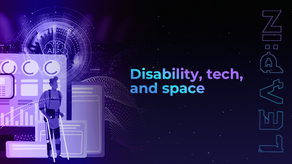
Welcome to this week’s LEAP:IN newsletter. Each week, we unpack leader’s powerful quotes and decipher the tech landscape. With exclusive content from some of the world’s leading experts in AI, robotics, space, edutech, climate tech and more, read on to discover this week’s insights and
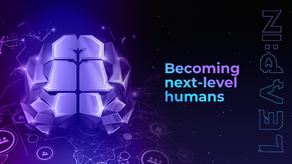
Welcome to this week’s LEAP:IN newsletter. Each week, we unpack leader’s powerful quotes and decipher the tech landscape. With exclusive content from some of the world’s leading experts in AI, robotics, space, edutech, climate tech and more, read on to discover this week’s insights and
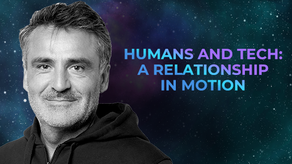
Stéphane Houdet (World’s #1 Paralympic Tennis Player) came to #LEAP22 to talk about how technology has enabled his career in sport – and how he found himself involved in the development of sports prosthetics. There are numerous ParaSport competitions globally, but the best known is the paralympics, which hosted 4,